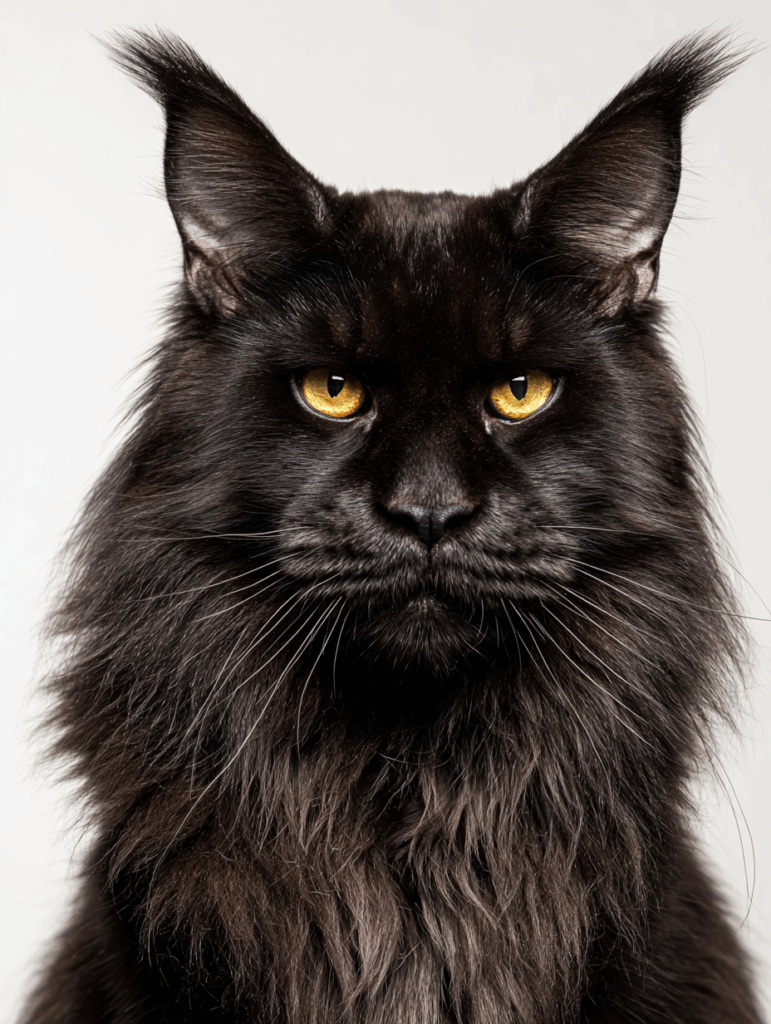
Black Maine Coon Kittens: Genetics, History, and Care
Where can I find a Black Maine Coon Cat? You’ve come to the right place. We adore our black maine coons and black cats are by far our favorite color. The Maine Coon is one of the oldest natural breeds of North America, and its variety of coat colors reflects the complexity of feline genetics. Among these, the black Maine Coon kitten stands out as one of the most recognizable and historically common forms.
What Makes a Maine Coon Black?
A solid black coat results when a cat inherits the dominant black pigment gene without interference from dilution or silvering. This pigment, eumelanin, covers the hair shaft entirely from root to tip. Many kittens show faint tabby markings when young, known as “ghost tabby.” These typically fade as the coat matures, leaving a uniform black appearance. If the dilution gene is present from both parents, the kitten would instead appear blue (a soft gray).
The Genetics Behind Black Maine Coon Cats
Understanding the genetics of black Maine Coon kittens requires looking at how pigment is expressed and modified in cats. All feline coat colors trace back to two main pigments: eumelanin (black/brown) and pheomelanin (red/yellow). In a black Maine Coon cat, the eumelanin pigment dominates, producing a coat that is solid and dark from the root of the hair to the tip. This happens when the cat carries the dominant allele for solid black, known as B for black, combined with the aa non-agouti gene that prevents tabby striping from showing through. Together, these produce the classic solid black Maine Coon kitten.
Black vs. Tabby Expression
The default pattern in cats is actually tabby. To produce a solid black Maine Coon, the tabby must be genetically “switched off.” This is achieved by the recessive non-agouti allele (a), which masks the tabby pattern. A kitten that is genetically black but carries the agouti gene will not be solid black but rather a black tabby. This is why many young black kittens display faint tabby markings, sometimes called “ghost tabby.” As they mature, the expression of eumelanin becomes stronger, and the coat darkens into a uniform black.
The Role of Dilution in Black Cats
Dilution is another key genetic factor that modifies coat color. The dilution gene (symbolized as d) affects how pigment granules are deposited in each hair. In a solid black cat, if both parents pass on the dilution allele, the dense black pigment spreads out unevenly, producing a coat that looks blue (or gray) instead of black. This is how a black Maine Coon kitten becomes a blue Maine Coon kitten instead. The gene is recessive, meaning both parents must carry it for the diluted color to appear in offspring. In breeding programs, the dilution gene is managed carefully, since it can quickly shift solid blacks into blues if present in both parent lines.
The Inhibitor Gene and Smokes
The inhibitor gene (I) is another important modifier. When a solid black Maine Coon inherits the inhibitor gene, the pigment is suppressed at the base of the hair shaft. This leaves the root of the fur white while the tip remains black. The result is a black smoke Maine Coon, which has a shimmering, two-tone effect. Without the inhibitor gene, the same cat would simply be solid black. Smokes are rarer than solids, since they require this additional gene. For breeders, pairing a black cat with one carrying the inhibitor gene can produce smoke kittens, but careful tracking of genetics is required to predict the outcome.
The Influence of Other Modifiers
Other genetic factors can subtly change the appearance of black Maine Coons. The wide band gene, for example, affects how much of the hair shaft is pigmented, which is important in shaded and shell cats. Temperature-sensitive genes, such as those seen in Siamese, do not influence Maine Coons directly, but they illustrate how environment and genetics can work together to produce different appearances. For black cats, the main modifiers remain dilution and the inhibitor gene.
Why Black Genes Matter in Breeding
From a breeder’s perspective, black Maine Coon cats are essential to maintaining a strong genetic base. Because black is dominant and straightforward to produce, it provides consistency in breeding programs. Black lines are often used to stabilize type, health, and temperament, while also contributing to color diversity when paired with cats carrying dilution or inhibitor genes. Black cats also provide an easy way to monitor for unwanted color drift, since any deviation from solid black can reveal hidden genetic factors such as dilution or agouti.
Practical Advantages of Black Genetics
For families, the genetic simplicity of black Maine Coons means availability and predictability. There is less chance of disappointment if a breeder promises a black kitten, since the dominant gene reliably produces the expected color. For breeders, black cats serve as a cornerstone of programs that aim for both consistency and diversity. Their genetics allow them to contribute to rare varieties like blue, smoke, or shaded kittens when paired strategically, while still producing the steady black coats that have been a hallmark of the breed since its earliest days.
Historical Place of Black Cats
Black cats have carried symbolic meaning for centuries. In some cultures they were linked with mystery or superstition, while in others they were considered good luck. In Maine Coon breeding, the black variant has long been a steady part of the population. Because the color is dominant, it does not require rare genetic combinations to appear.
Distinguishing Black from Smoke
It is important to distinguish a true solid black kitten from a black smoke. In a smoke Maine Coon, the tips of the hairs are black, but the base of each shaft is white due to the inhibitor gene. This creates a shimmering effect as the cat moves. In contrast, a solid black kitten will have uniform coloration throughout the hair shaft. Smokes are less common, as they require the additional inhibitor gene.
Eye Color and Black Maine Coons
Black Maine Coons most often have golden or green eyes, though some can appear hazel. The contrast between a dark coat and lighter eyes is one reason these cats appear so striking.
Personality and Temperament
Coat color does not dictate temperament. Black Maine Coon kittens carry the same hallmark traits of the breed: steady growth into a large, muscular frame, a friendly disposition, and a reputation for intelligence. Their size and adaptability make them both strong working cats on farms and affectionate companions in the home.
Grooming and Coat Care
The dense coat of a black Maine Coon requires regular maintenance. Weekly brushing is often enough to prevent matting and to keep the coat glossy. Black coats show dust and dandruff more easily, so attention to nutrition and grooming helps maintain a healthy appearance. Diets with balanced fatty acids are particularly important to sustain coat quality.
Do Black Maine Coons Shed?
Yes, black Maine Coons shed just like other cats of the breed. Their long, dense coats require regular brushing to prevent mats and to manage seasonal shedding. While some owners feel the dark coat makes loose hair more noticeable on furniture and clothing, the actual amount of shedding is the same as any other Maine Coon color. For a detailed breakdown of grooming tips, seasonal coat changes, and how to manage shedding in these large cats, see our full guide: Do Maine Coons Shed?.
Breeding Considerations
From a breeder’s standpoint, black Maine Coon kittens are valuable in preserving diversity without introducing excessive rarity. Because the gene is dominant, breeding from a black parent increases the likelihood of solid black offspring. Responsible breeders pair for type, health, and temperament first, while coat color is secondary. Prospective owners should ensure their kitten comes from lines that have been screened for common Maine Coon health conditions, particularly hypertrophic cardiomyopathy (HCM) and hip dysplasia.
Availability and Demand
Black Maine Coon kittens are among the more available colors, especially compared to white, smoke, or shaded forms. Still, demand is strong, and reservations are often required. Buyers should expect to interview breeders, review health testing records, and sometimes join a waitlist.
Why Black Maine Coon Cats Are the Best
Black cats have been both celebrated and misunderstood throughout history, and the black Maine Coon cat sits at the center of that story. When you set aside old superstitions and folklore, it becomes clear that black Maine Coon kittens and adult cats carry a unique combination of strength, practicality, and beauty that makes them one of the best choices for families and breeders. They combine the genetics of a large, healthy breed with a coat color that has both historical value and modern appeal. When people ask why black cats are the best, the answer often comes down to durability, symbolism, and the deep bond they form with their owners.
The Durable Coat of the Black Maine Coon Cat
One of the strongest reasons black Maine Coon cats are favored is the durability of their coat. Lighter colored Maine Coons, such as cream or white, can develop staining around the eyes or mouth, and their coats often require extra care to maintain a bright, clean appearance. In contrast, a black Maine Coon kitten grows into a cat whose coat hides most everyday blemishes. Even outdoor dust, food stains, or minor shedding patterns are less visible on a black cat. This practical advantage makes grooming more straightforward for busy owners, since the coat remains visually appealing with regular weekly brushing rather than intensive maintenance. For breeders and families alike, this makes the black Maine Coon a reliable and low-effort choice compared to more high-maintenance colors.
The Strength and Elegance of the Black Cat
Black animals across history have often been connected with strength, endurance, and a commanding presence, and the black Maine Coon cat reflects these same qualities. With their massive frames and muscular bodies, Maine Coons already stand out as one of the most impressive domestic cats. Adding the solid black coat enhances that presence, creating a bold and powerful look that commands attention. The sheen of a black coat in the sunlight emphasizes the thickness and health of the fur, turning a simple genetic color into a statement of elegance. Families who own black Maine Coon kittens often remark on the dignified air their cats carry as they grow, blending the raw physical strength of the breed with a coat that appears sleek and timeless.
Black Cats Are Common but Never Ordinary
It is easy to mistake the black Maine Coon cat as ordinary simply because the color is more available than some rarer shades. In reality, this availability is one of its greatest strengths. Because the black coat is produced by a dominant gene, it is far easier to breed and predict compared to rare patterns such as shaded silver or smoke. For families seeking a kitten sooner rather than later, the black Maine Coon often has shorter wait times and more consistent availability. At the same time, their appearance is anything but ordinary. The solid, glossy coat paired with the Maine Coon’s size ensures that even a common color still looks striking. The consistency of this gene also makes black cats vital for breeders working to maintain genetic diversity without narrowing their programs around rare and fragile color combinations.
Changing Attitudes: Why Black Cats Are Lucky
For centuries, black cats have carried a complicated reputation. In some parts of Europe they were tied to superstition and even feared, while in others they were valued as symbols of prosperity. Today, cultural attitudes toward black cats, including black Maine Coon cats, have shifted strongly in their favor. Many cultures now view black cats as lucky, and animal shelters actively work to promote them as wonderful companions. Within the Maine Coon breed, the black cat’s sheer size and approachable personality dispel old myths quickly. Instead of being linked to mystery or fear, the black Maine Coon is admired for its steady temperament and dependable nature. Families who choose them often find they embody good fortune in the most practical sense, bringing companionship and stability to the household.
Photogenic Appeal of the Black Maine Coon Kitten
In today’s world, where many families share their pets online, black Maine Coon kittens have a special advantage. Their golden or green eyes stand out vividly against the dark coat, creating dramatic photographs that look professional even with simple cameras. The sharp contrast between eyes and coat gives the black Maine Coon cat a recognizable and memorable profile. Unlike lighter colored cats, whose shades can appear washed out or inconsistent in photographs, black cats remain visually consistent under a range of lighting conditions. This makes them one of the most photogenic Maine Coons for owners who enjoy posting their pets on social media or for breeders who want to showcase their litters online.
The Working Heritage of the Black Maine Coon
The Maine Coon breed developed as a working cat in the farms and harbors of New England. In this setting, the black cat carried practical advantages. Dark coats provided natural camouflage for hunting rodents at night, making black Maine Coon cats valuable assets on farms and ships. This history ties the black Maine Coon directly back to the breed’s original purpose as a dependable working partner. Even today, this rugged background is reflected in their temperament: calm, intelligent, and adaptable. Owners who value tradition and authenticity often find that the black Maine Coon represents the truest link to the breed’s heritage, blending historical usefulness with the affectionate qualities that make the Maine Coon a beloved family pet.
Loyalty of the Black Cat Companion
One of the strongest arguments for why black cats are the best lies in their reputation for loyalty. While coat color does not directly determine temperament, black cats are consistently praised for their strong bonds with their families. The black Maine Coon cat, already known for its sociable and affectionate nature, amplifies this reputation by growing into a steady and reliable companion. Owners frequently describe their black Maine Coon kittens as affectionate shadows, following them around the house and engaging with family life. Their presence is constant and comforting, making them one of the most rewarding color choices for families who want both beauty and a dependable companion in the same cat.
Final Thoughts
The black Maine Coon kitten represents a foundational part of the breed. Its genetics are straightforward, its appearance timeless, and its role in breeding programs steady and dependable. For families or farms seeking a Maine Coon, the black variant offers all of the breed’s hallmark qualities in a coat that has been part of the breed since its earliest history.
Still exploring the Maine Coon Breed? Dive deeper into our breed guides and resources:
- How Much is a Maine Coon Kitten in 2025?
- How to Spot Cat and Kitten Scams Online
- Are Maine Coon Cats Hypoallergenic?
- Coon Kittens in Maine
- How to Reserve Your Almonte Kitten
Each post is packed with facts, tips, and advice to help you choose the perfect kitten for your family.
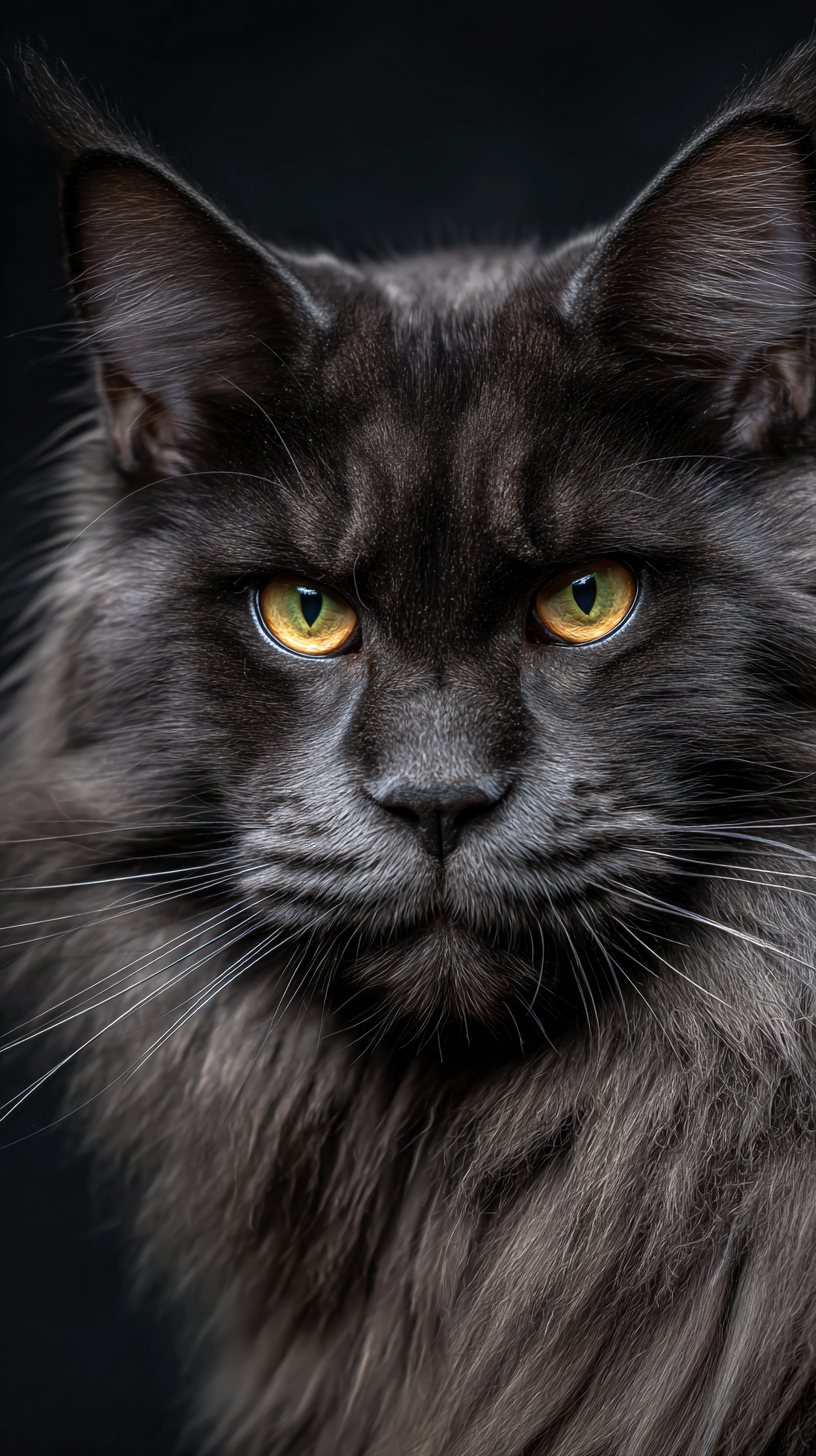
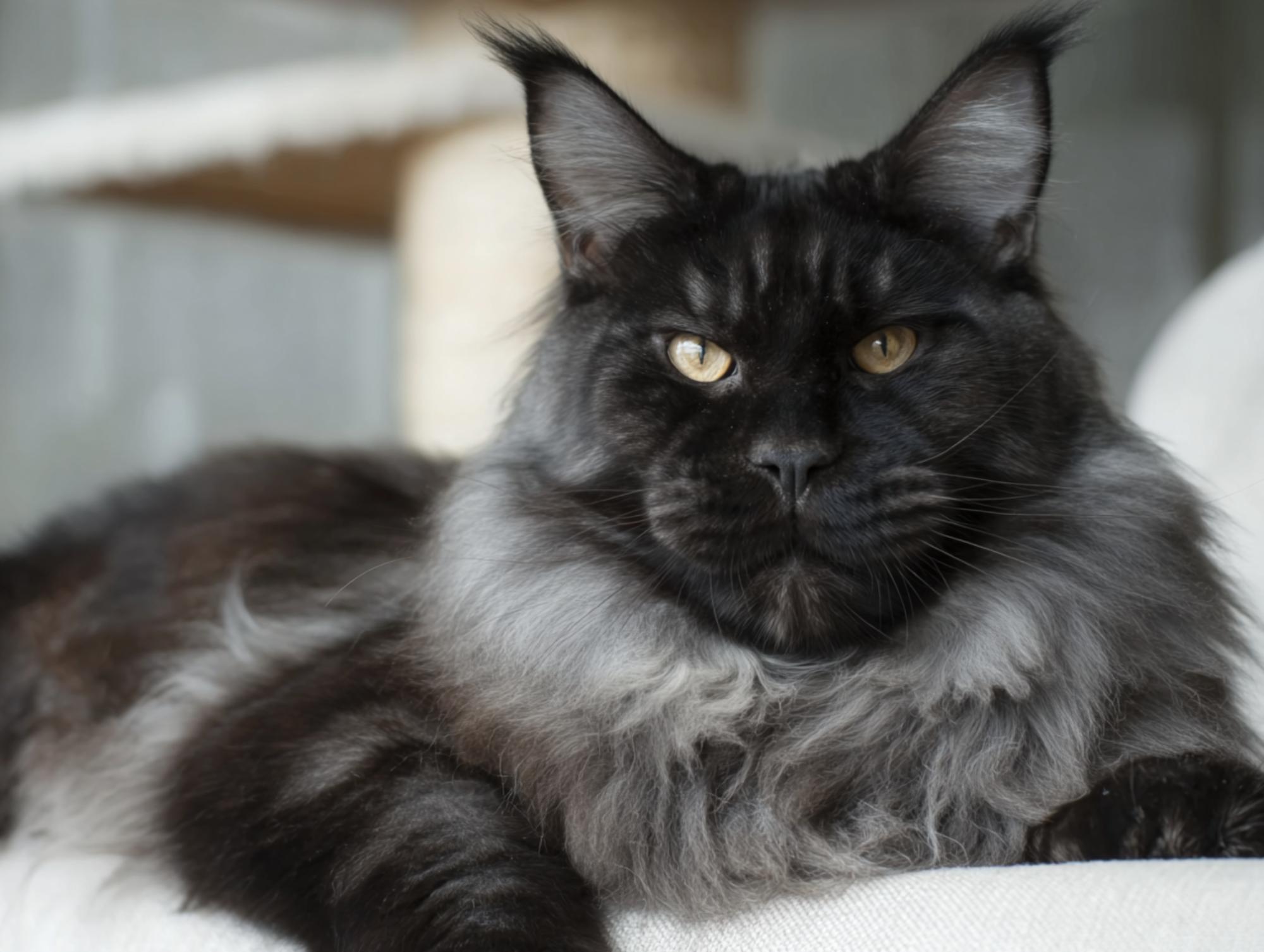
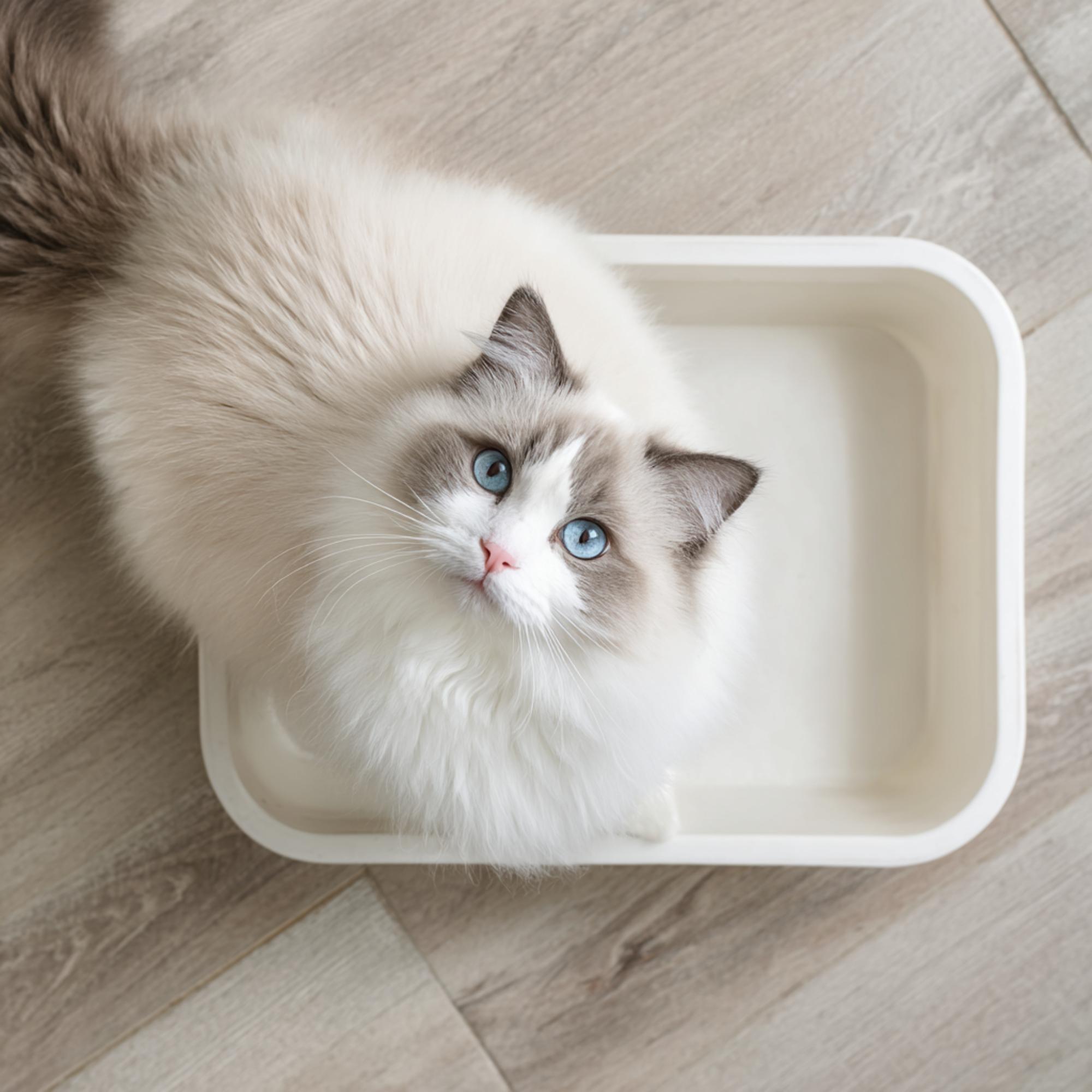
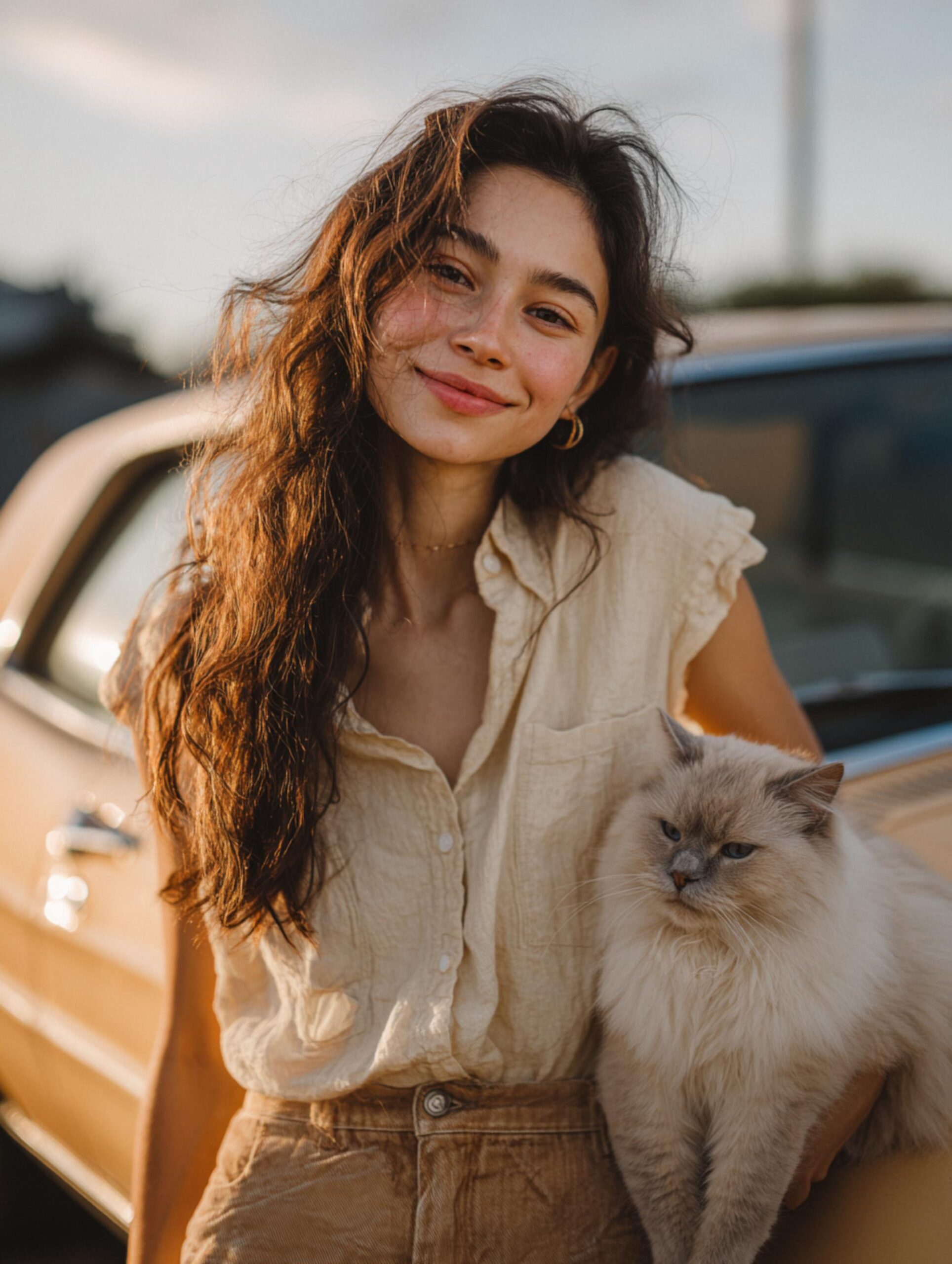
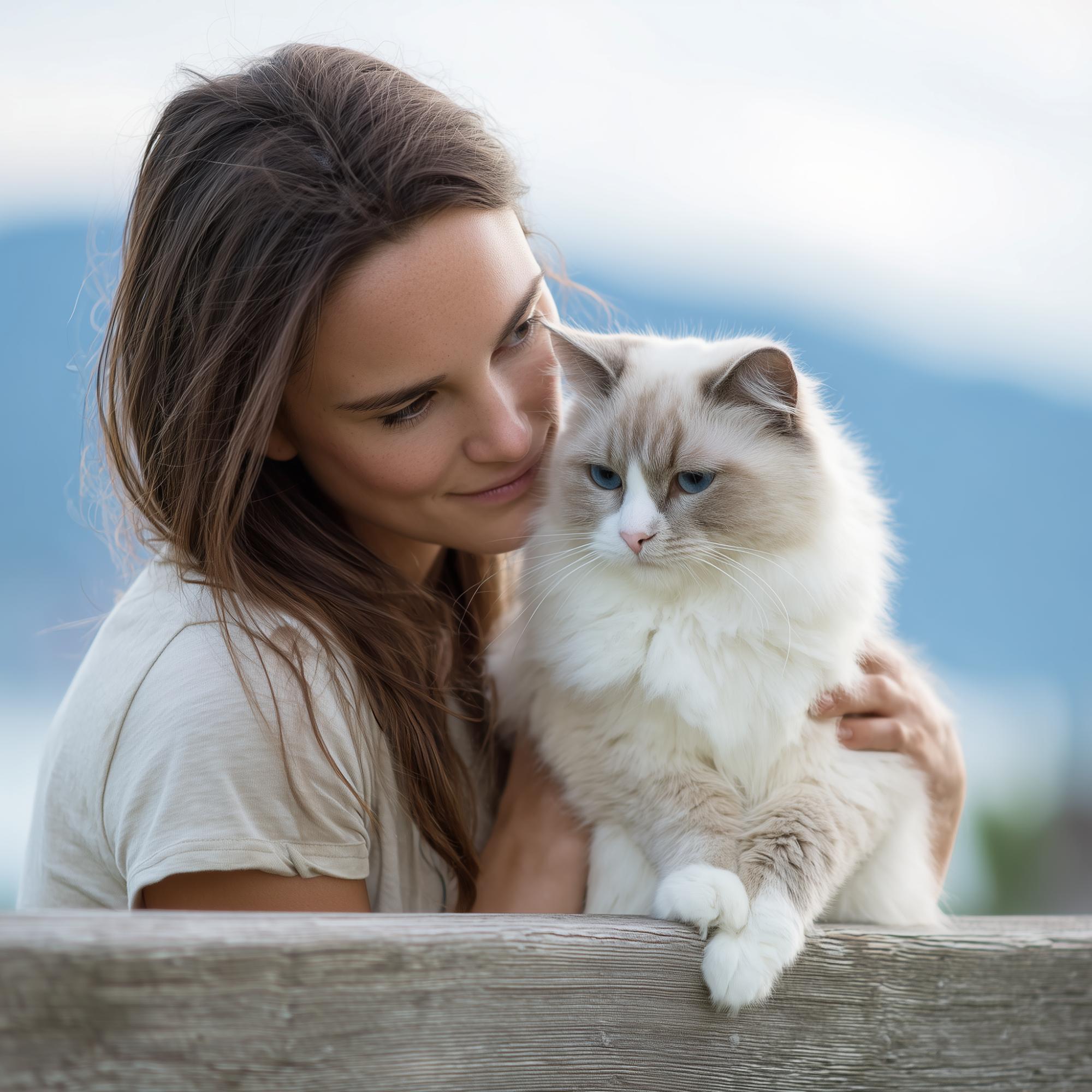
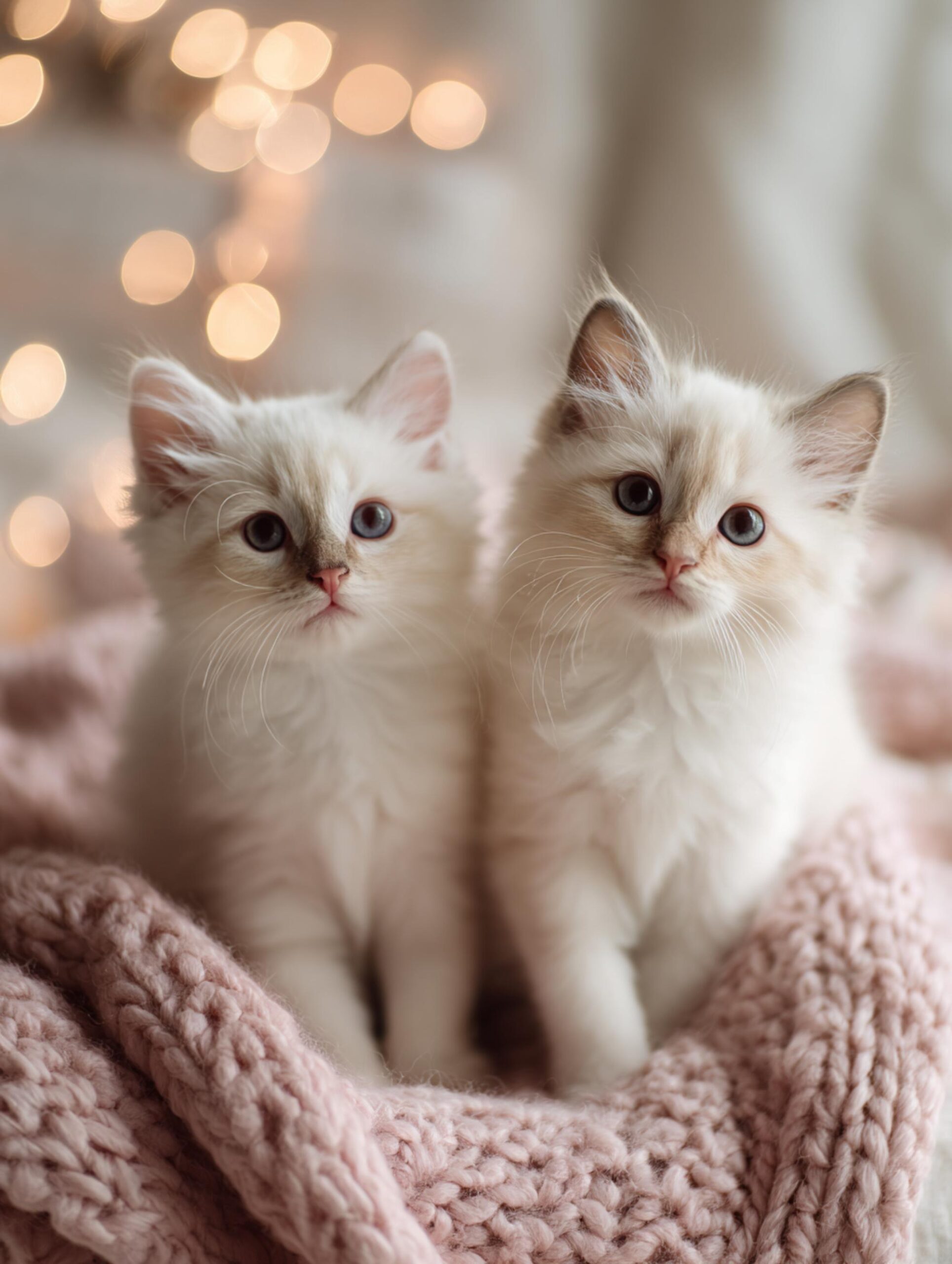
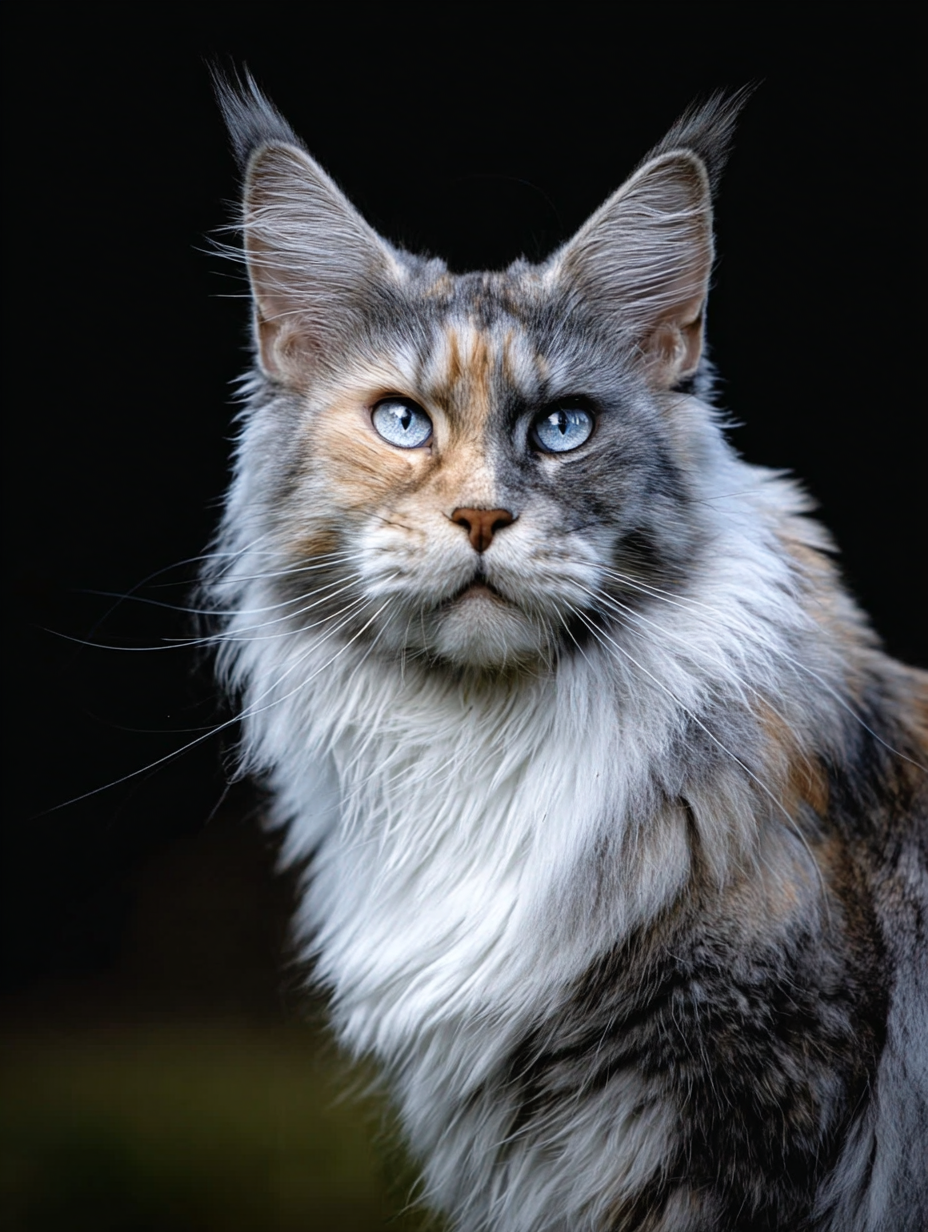
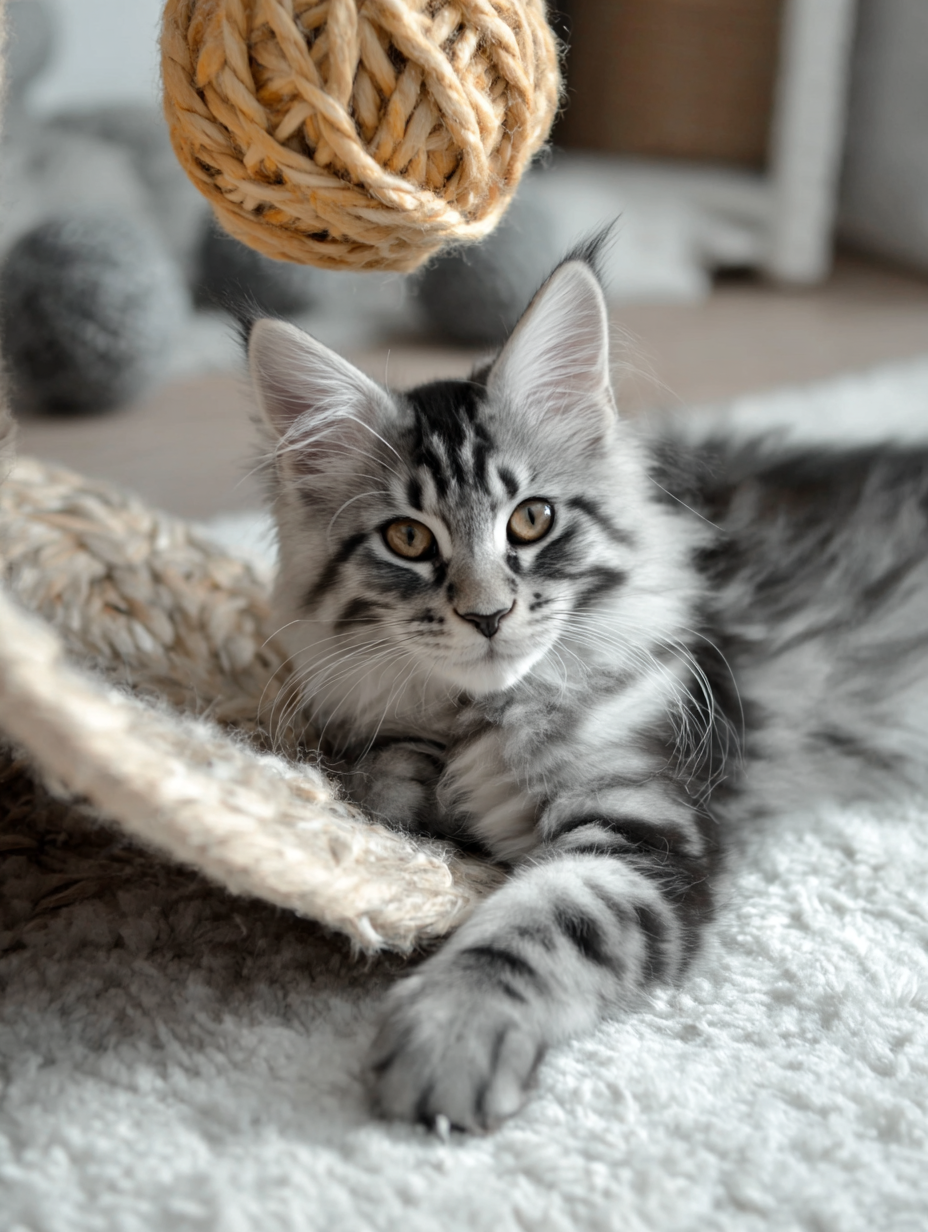
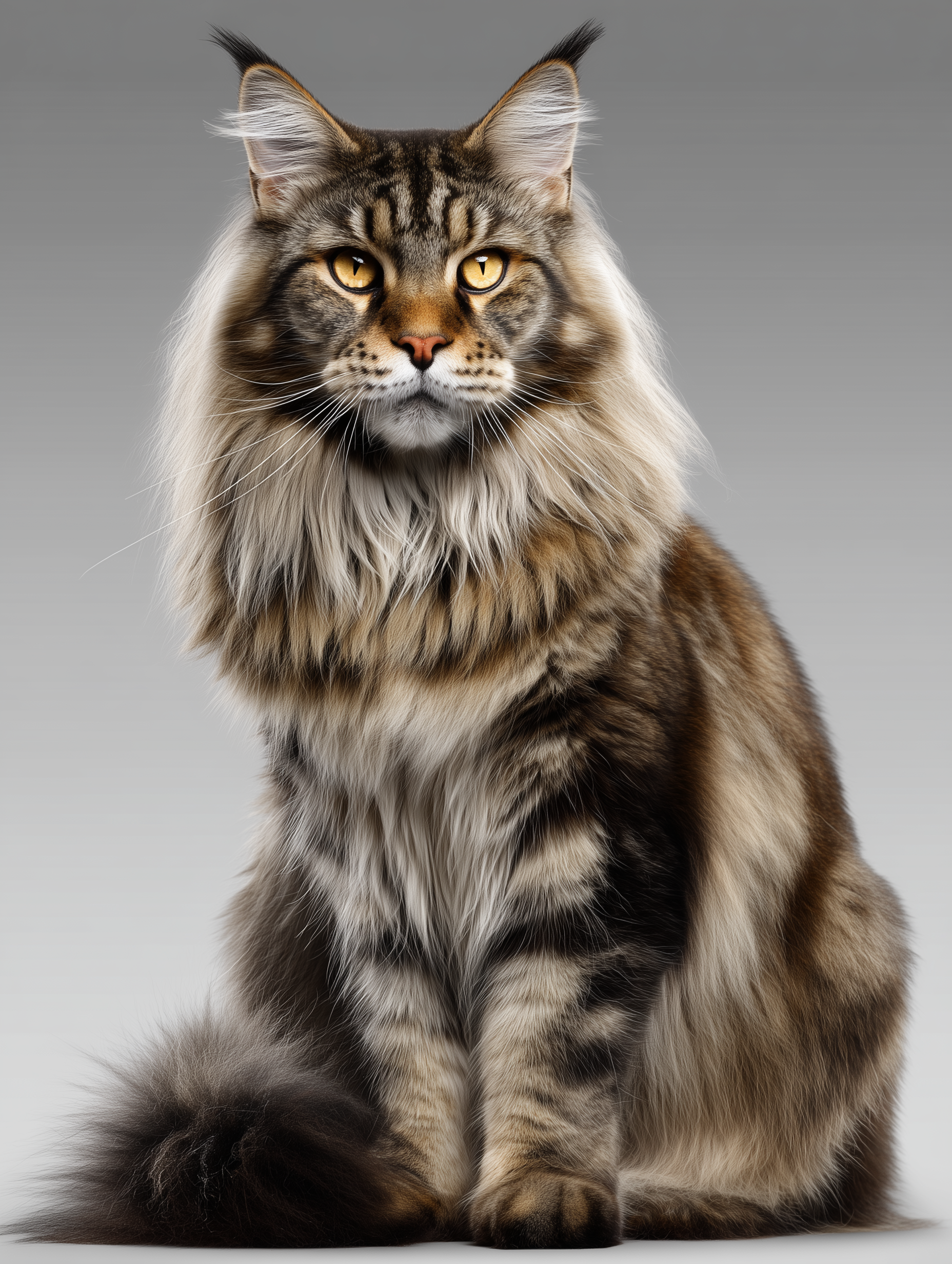
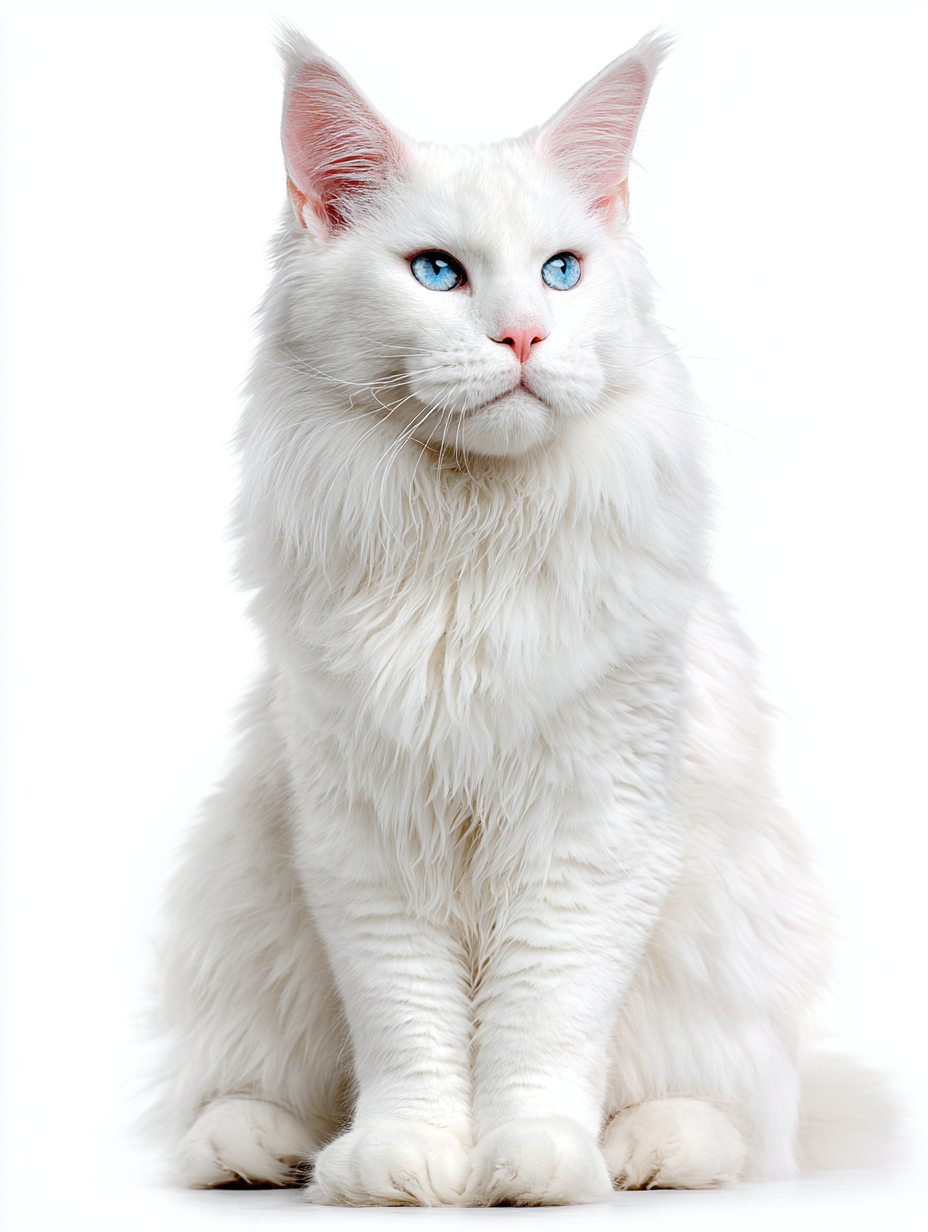
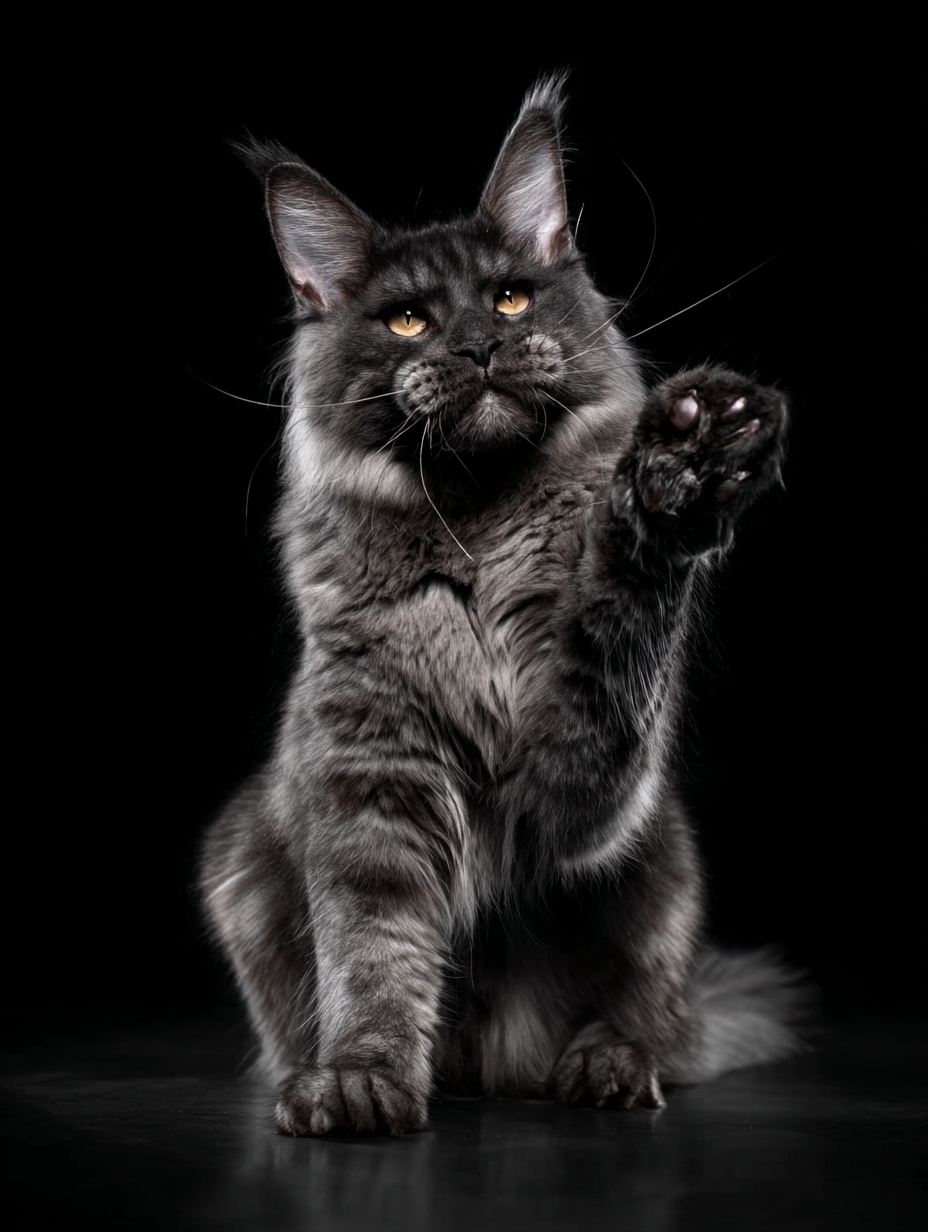
Read the Comments +